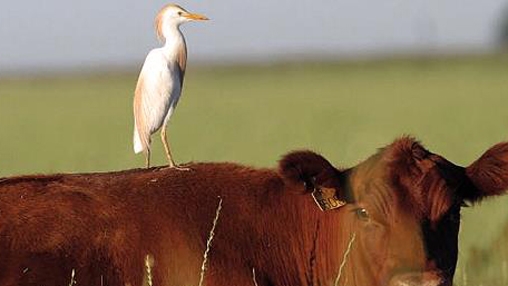Argentinean meat is, without doubt, one of the main products in the local market and a frequent ingredient in family meals. It is also exported to hundreds of countries and recognized globally for its high quality. But, which is the impact of its production in the environment?
The grasslands, where livestock graze, used to be one of the largest biomes of the planet. Nowadays, it only covers 8% of the earth’s surface.
According to the NGO’s Aves Argentinas and Fundacion Vida Silvestre, cattle-ranching was traditionally one of the most sustainable activities. However, in the last ten years, due to an excessive number of animals per area -many more than what the land can withstand- and toxic and expensive technology, grasslands are considered one of the most altered and threatened ecosystems in the world.
To preserve the Pampas’ grasslands - one of the richest areas of biodiversity in the world- sustainable grassland livestock has arrived on the scene: a technique which allows animals to graze freely while protecting the habitat of 500 bird and 100 wild animal species.
This initiative not only protects the environment but also has huge potential to ensure food security and a means of living for several communities.
"The livestock sector is one of the key players in debates on climate change, the sustainability of the food system and public health protection", said WB Director for Argentina, Paraguay and Uruguay, Penelope Brook, during the 6th meeting of Southern Cone Natural Grassland Cattle Ranches, which recently took place in Cayasta, in the province of Buenos Aires.

